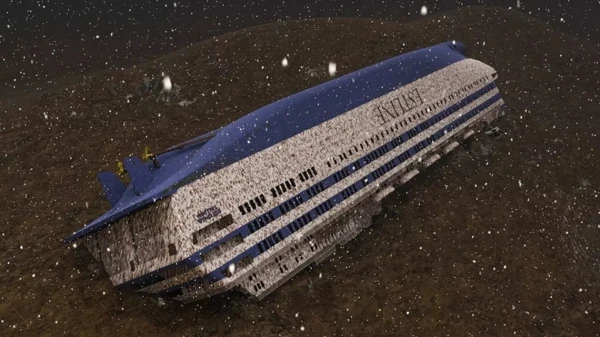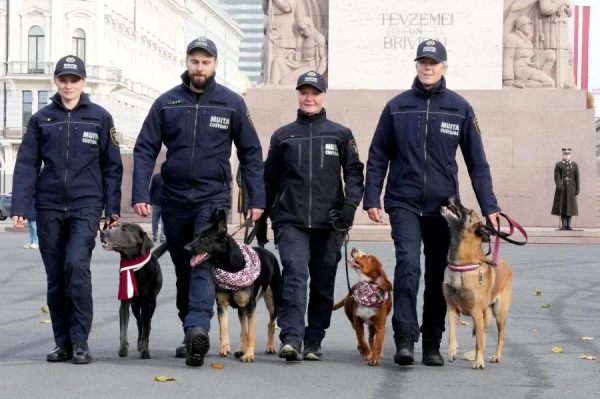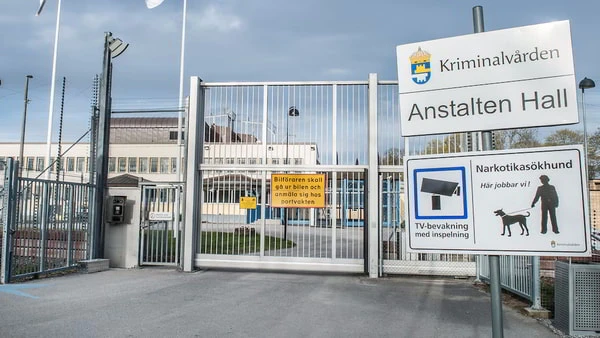
Underwater devices control drones and underwater robots, as well as collect acoustic signatures of NATO warships and submarines.
Russia may have created a secret testing ground for underwater operations to monitor NATO's naval activity near the sunken ferry 'Estonia' in the Baltic Sea. This is stated in a joint investigation by the German publications WDR, NDR, and Süddeutsche Zeitung, based on information from sources in NATO's security services. 'Estonia' sank in September 1994 during a storm while en route from Tallinn to Stockholm. 852 people died, and some of the victims' bodies still rest at a depth of 80 meters, 35 km from the Finnish island of Uto. In this regard, the authorities of Finland, Estonia, and Germany closed access to the sunken vessel after the disaster.
Due to this restriction, Russian intelligence services are believed to have placed underwater devices on the sunken ship that control drones and underwater robots, as well as collect acoustic signatures of NATO warships and submarines. These signatures help identify vessels by the unique sound characteristics of their engines and propellers, the investigation states. Western intelligence agencies believe that the Main Directorate for Deep-Sea Research (GUGI) of the Russian Federation is responsible for such operations. This secret unit, which reports directly to the Ministry of Defense, specializes in underwater espionage, sabotage, and reconnaissance.
GUGI, in particular, controls a fleet of special-purpose vessels, mini-submarines, and underwater drones, including the ship 'Yantar,' which NATO considers one of the key Russian reconnaissance vessels. The navies of NATO countries have repeatedly detected 'Yantar' near underwater cables and critical infrastructure in the North and Baltic Seas, the investigation notes.
From 2021 to 2024, Finland temporarily allowed access to part of the protective zone to conduct a new investigation into the causes of the disaster. During this time, according to the investigation, NATO countries observed increased activity of Russian submarines in the area. Additionally, in recent years, Lithuania, Latvia, the United Kingdom, and Ireland have reported the detection of unidentified underwater sensors, presumably of Russian origin, investigators note.
The material also states that Russian companies have been purchasing advanced Western underwater surveillance technologies for many years through a network of intermediaries, particularly firms registered in Cyprus. The cost of these deals is estimated at $50 million.















Leave a comment